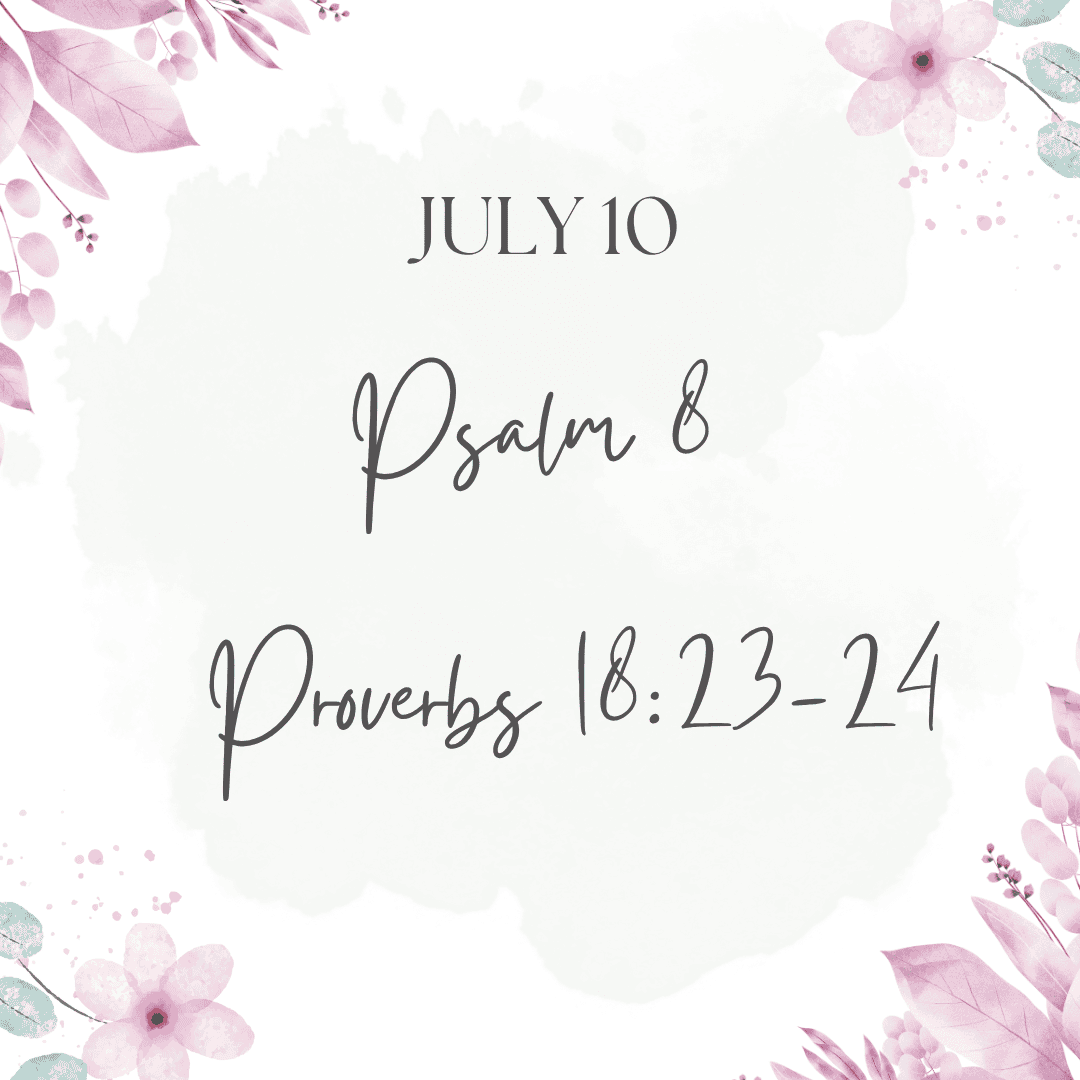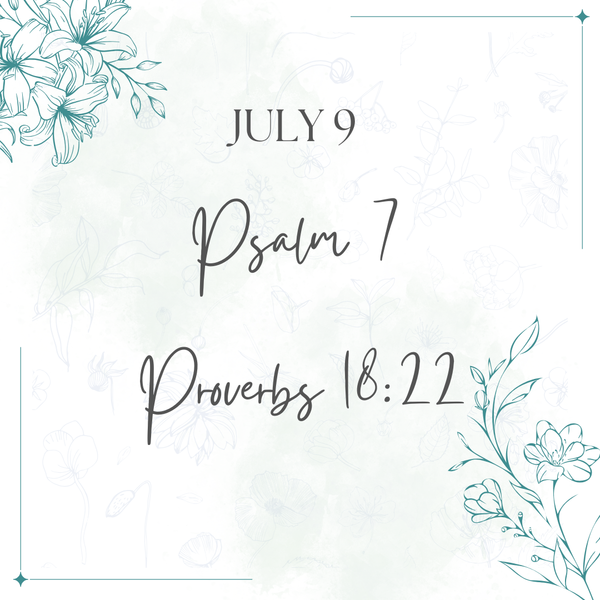June 28 Psalm 146; Proverbs 18:2-3

- Why does Psalm 146 urge us not to put our trust in princes or mere human beings, no matter how powerful they seem?
- What does it mean that the Lord keeps every promise forever (Psalm 146:6), and how have you personally seen this in your life?
- How does Psalm 146 describe the kinds of people God cares for, and what does that show you about His priorities?
- How is the contrast between God and earthly rulers or systems meant to shift your daily trust and perspective?
- Proverbs 18:2 says fools have no interest in understanding but only in airing their own opinions—how does this challenge your communication in relationships?
- When wickedness arrives, shame and disgrace come with it (Proverbs 18:3). How have you seen this play out in your life or others'?
- Have you ever felt the experience of being freed from the "prison of sin" by the Lord’s power? How has He kept His promises in your life?
- What qualities or actions of God in Psalm 146 can you hold onto when you feel overwhelmed or helpless?
- In what areas of your life are you tempted to rely on human solutions rather than God’s faithfulness?
- Psalm 146:7–9—in our lives, who are the oppressed, the hungry, the blind, those who are weighed down, etc.? Do you see them around you? How can you help them?
May the meditation of God's Word bring you renewed strength and hope!



